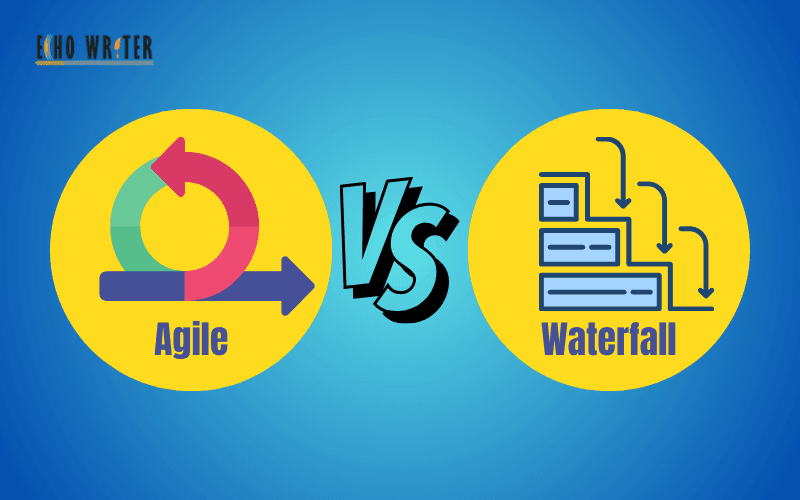Introduction
The Transformative Role of Software Development
Technology is continuing to evolve in this computerized world, shaping industries, lifestyles, and innovations. Developers have to embrace the new trends of artificial intelligence and automation against this backdrop to be ahead of the curve. And the better an understanding one develops about the role AI and automation play in software development, the more it drives towards efficiency, along with creating cutting-edge innovation.
Why AI and Automation Matter
This integration of AI and automation in software development unlocks unparalleled opportunities for the optimization of processes, scalability, and superior user experiences. They are redefining, at each step, how developers conceptualize, create, and deploy software for this new era of possibilities.
Understanding AI and Automation in Software Development
What is AI in Software Development?
Artificial intelligence in software development applies algorithms and machine learning models to mimic human decision-making in creating solutions. AI can sort through tremendous amounts of data, predict trends, and automate coding with time that would be spent on its own development.

The Role of Automation in Software Development
Automation in a software setting makes tasks repetitive and mundane. Developers will be able to approach ideas and strategize instead of focusing on the repetition. From automated testing to continuous integration and deployment, automation encourages higher productivity with fewer errors.
Key Benefits of Embracing AI and Automation
Accelerated Development Cycles
These AI and automation tools help developers build and deploy applications faster. Features such as auto-generated code and predictive analysis can directly cut the time-to-market for software products.
Improved Quality Assurance
Code quality is improved using automated frameworks for testing and AI-driven debugging tools, catching problems as early as in development. This reduces post-deployment errors and brings about more reliable software solutions.
Enhanced Personalization
AI allows developers to produce customized user experiences that are very much based on understanding the behavior and likes of users. Automation helps in achieving uniform delivery of such customized solutions at scale.
Cost-Effectiveness
Automating mundane work and utilizing AI-based inputs lets organizations save more on labor and deploy more efficient utilization of resources for long-term savings.

Scalability and Flexibility
Scaling applications to meet increased user demands becomes easier with the help of AI and automation. Increased loads in data or the addition of new features become relatively agile due to such technologies.
Challenges and Considerations
Data Privacy and Security
Depending on the richness of data, AI applications might pose privacy and security threats to users. Developers have to build robust protection mechanisms around data for user trust not to be lost.
Skills Gap
The AI and automation integration requires specialized skills in development teams, which hinders some of them. Organizations have to invest in training to bridge that gap.
Ethical Implications
AI-based decision-making can have unintended consequences. Developers must address ethical considerations to ensure that AI-powered software aligns with societal values.
Future Trends in AI and Automation
Low-Code and No-Code Platforms
AI and automation are powering low-code and no-code development platforms, making software creation accessible to non-technical users, and fostering innovation across industries.
AI-Powered DevOps
AI-driven tools are going to revolutionize DevOps as they automate deployment pipelines, optimize workflows, and enhance collaboration between development teams.
Predictive Development
AI will enable predictive abilities, allowing developers to anticipate the needs of users and deliver proactive solutions. This trend will redefine the software lifecycle.
Conclusion
Software development will turn toward embracing the best of AI and automation and implement innovative, efficient, and scalable solutions. Technologies through this will transform industries, provide an improved user experience, and redefine what is possible in the digital age. It is no longer a choice but a necessity to follow these changes so that one remains competitive in such fast-moving environments.
FAQs
What is the role of AI in software development?
AI helps automate coding, analyze data, and enhance decision-making processes, improving efficiency and innovation in software development.
How does automation benefit software development?
Automation reduces manual tasks, accelerates development cycles, and ensures consistent quality through processes like automated testing and CI/CD pipelines.
Are there challenges in adopting AI and automation?
Yes, challenges include data privacy concerns, a skills gap in the workforce, and ethical considerations in AI-based decision-making.
What are low-code and no-code platforms?
These platforms allow users to develop software with minimal coding, leveraging automation and AI for streamlined creation processes.
Why is scalability important in software development?
Scalability ensures that applications can handle growth and increased demand, providing flexibility and adaptability in dynamic environments.




Wow amazing blog layout How long have you been blogging for you made blogging look easy The overall look of your web site is magnificent as well as the content